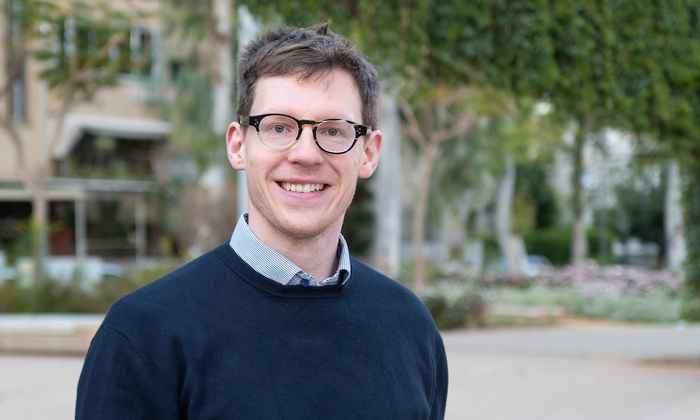Interview with Dr. Klaas Eller
Amsterdam Center for Transformative Private Law
1 December 2022

Can you tell us in reader-friendly words what your project is about?
My project ‘Recoding Global Production: Towards a legal ethnography of sustainable supply chains’ is interested in one of the classic themes of legal thought, the relation between rules and their reception by the addresses. It is with this perspective that I look at global value chains, more specifically at the recent wave of regulations that seek to make global value chains more sustainable, human rights compliant or otherwise traceable.
These regulations are an important normative achievement but have had little or even detrimental effects in practice. One reason is that this latest generation of value chain regulations leaves much leeway at the implementation stage. The internal practices of governing value chains are however largely a ‘black box’. That is why my project explores how regulatory requirements are altered, watered down, or deflected in the translation from abstract rules to corporate practices. Where and how exactly does this translation occur between corporate managers, legal counsel, suppliers, auditors, unions, factory-level workforce, civil society and transnational regulators? I will look into different segments of chains, especially in the electronics sector. The outcome will be, I hope, a better understanding of how law operates within complex economic networks.
What is the most exciting aspect of the project, from your perspective?
Studying relations between rules and compliance practices raises challenging methodological questions. It leads to fascinating approaches at the fringes of legal debate, coming from ethnography, Science-and-Technology-Studies, political economy, behavioral studies and management. There is much to gain for legal debates at these intersections, far beyond the example of value chains. Substantively, I am curious to understand the role of value chain IT and algorithmic tools in this translation between rules and practices. Are we heading towards a scenario where choosing a certain value chain management software will define its sustainability and business model? How can such tools – that the EU Commission actively recommends to companies – be used for progressive outcomes?
Lastly and most importantly, I am excited to engage with a great and vivid global scholarly community on these issues and the many actors and institutions on the ground.
Receiving a grant like the VENI is a great recognition of your work and potential, but also somewhat of a responsibility. How do you feel about reconciling the large commitment the grant requires with other research interests, different projects and non-research commitments?
Indeed, a grant comes with responsibilities, formally to NWO as a funding body but also to the many colleagues and friends that have been supportive along the way. This is very present in my mind. I plan to use the grant specifically for types of research that are difficult to do without this extra space, especially the often time-consuming and, at times, unpredictable interdisciplinary work and engagement with legal and economic practice. I am confident this work will also benefit my other research projects beyond the Veni. Lastly, I do not see it as the purpose of grants to ‘isolate’ oneself in research. Grants give space to also invest in ‘academic community care’, the many little and unseen things without which an academic community cannot function.
Many other starting legal researchers are applying for grants at every round – what would be your top two tips for someone who embarks on an application adventure?
The grant application process will be a very different experience from researcher to researcher. Successful applications often have a narrative dimension that contextualises current debates in a novel way. Taking such a bird’s-eye perspective and formulating a research ‘agenda’ given broader trajectories of one’s field is something a grant application allows, much more than individual papers. It probably strengthens an application to invest in it.
My second tip relates to expectation management and putting grant applications in perspective. Grant writing is a genre that, in many ways, is different from research genres. In a world of research matrices, indicators and evaluations, we should not underestimate the amount of sheer luck. For our grant culture to stay healthy, we need to normalise discussions on rejections, failures and ideas that did not fly.